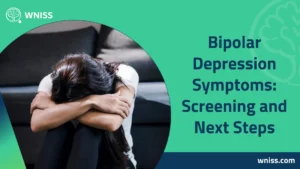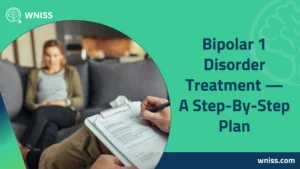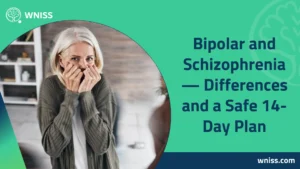Eating disorders are serious health conditions that affect both the body and the mind. They are not just about losing weight or trying new diets. Instead, they involve extreme thoughts and behaviors about food, eating, and body shape. These disorders can lead to dangerous physical problems and long-term emotional struggles. Many people think eating disorders only affect young women, but they can impact anyone – children, teenagers, and adults, regardless of gender.
- Some people stop eating almost completely.
- Others eat large amounts of food in secret and feel trapped by guilt.
- Many might obsess over every meal and avoid social situations.
- Physical symptoms like weight loss, tiredness, or digestive issues often appear too.
Narratively, imagine someone constantly battling food every day – not knowing how to stop overeating, or feeling guilty after every meal, or skipping food entirely due to fear. This is the hidden struggle behind eating disorders.
Understanding Eating Disorders: A Hidden Battle
Eating disorders are much more than a problem with food itself. They are often the result of deeper emotional pain, stress, or psychological disorders. Understanding these conditions is essential to support recovery and protect both physical health and mental well-being.

- What causes eating disorders? Emotional trauma, low self-esteem, bullying, body image issues, social pressures, and even genetic factors all play a role.
- Physical effects: Malnutrition, weakened immunity, digestive problems, bone density loss, heart strain, and even life-threatening complications.
- Mental health impact: Anxiety, depression, isolation, obsessive behaviors, and difficulty focusing.
Narratively, think of someone who looks physically healthy yet spends every day calculating calories, hiding meals, or feeling worthless because of how they look. This inner war affects every aspect of life – work, relationships, and self-confidence.
Types of Eating Disorders
Understanding what are the types of eating disorders is key to recognizing how diverse and serious these conditions are:
- Anorexia Nervosa
Extreme food restriction driven by fear of gaining weight. People with anorexia often see themselves as overweight even when dangerously underweight. - Bulimia Nervosa
Repeated binge eating episodes followed by purging, vomiting, using laxatives, or exercising excessively to “undo” the eating. - Binge Eating Disorder
Eating large amounts of food in a short period, feeling unable to stop, followed by shame and emotional distress. - Avoidant/Restrictive Food Intake Disorder (ARFID)
Severe picky eating not caused by body image issues. People avoid certain foods because of sensory issues or fear of choking. - Pica
Eating non-food items like dirt, paper, soap, or chalk. Often overlooked, yet very dangerous. - Rumination Disorder
Repeatedly regurgitating food, re-chewing, or spitting it out without obvious physical reasons. - Other Specified Feeding or Eating Disorders (OSFED)
Eating disorders that don’t fully fit the above types but are still harmful and require treatment.
Narratively, whether it’s the teenager who refuses to eat, the adult secretly bingeing at night, or the child who only eats specific textures – all these are faces of eating disorders.
Recognizing Symptoms of Eating Disorders
Knowing what are 10 symptoms of eating disorder is crucial to spot problems early:
- Constantly thinking about food or body shape.
- Severe fear of gaining weight.
- Eating in secret or avoiding meals.
- Skipping social events to avoid eating.
- Drastic weight changes with no medical reason.
- Obsessive calorie counting or dieting.
- Going to the bathroom after meals (purging).
- Physical exhaustion, hair thinning, or frequent illness.
- Feeling guilty after eating any meal.
- Using food rituals (cutting food into small pieces, eating very slowly).
Narratively, someone might seem fine on the outside, yet feel guilty after every bite, or hide food behaviors from friends and family. These are serious warning signs requiring professional help.
How to Fix Eating Disorders?
Many ask how to fix eating disorders, but there’s no simple solution. However, recovery is possible through these steps:
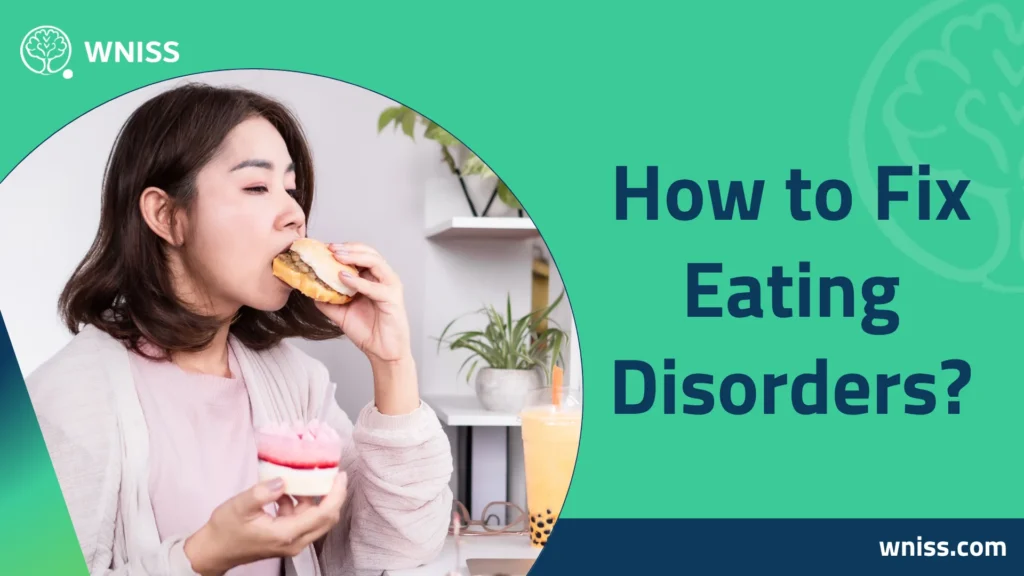
- Professional treatment: Therapy, nutritional counseling, and sometimes medications are essential.
- Psychological support: Cognitive Behavioral Therapy (CBT) helps change unhealthy thoughts and behaviors.
- Medical monitoring: Regular check-ups prevent dangerous physical effects.
- Family involvement: Family-Based Therapy (FBT) helps children and teens recover.
- Patience and persistence: Recovery is slow but possible with consistent support.
Narratively, imagine someone who learns to stop obsessing over calories, who eats a meal without guilt, and who reconnects with family and friends – this is what fixing an eating disorder looks like, though it takes time and professional help.
Why Do I Feel Guilty After Eating?
Many people wonder why do I feel guilty after eating. Guilt often arises from:
- Fear of weight gain.
- Believing certain foods are “bad.”
- Internalized diet culture pressures.
- Associating food with loss of control.
Narratively, even a simple snack can leave someone feeling ashamed, as if they failed themselves – showing how eating disorders affect emotions as much as eating habits.
How to Stop Overeating?
When people ask how to stop overeating, strategies include:
- Eating regular, balanced meals to prevent binge triggers.
- Avoiding restrictive diets that lead to overeating later.
- Managing stress with healthy outlets like exercise or hobbies.
- Seeking therapy to address emotional eating patterns.
Narratively, stopping overeating isn’t about willpower; it’s about healing the relationship with food, understanding emotional triggers, and receiving support.
How to Treat Food Addiction?
To answer how to treat food addiction, these steps help:
- Structured meal planning.
- Avoiding highly processed “trigger” foods when possible.
- Behavioral therapy to address compulsive eating.
- Emotional support groups or specialized treatment programs.
- Focusing on mindful eating, where each bite is enjoyed without distraction.
Narratively, treating food addiction means learning that food isn’t the enemy – it’s understanding that emotional pain, not hunger, often drives the compulsive need to eat.
How to Feel Full Without Eating?
For people asking how to feel full without eating, healthier strategies include:
- Drinking water to avoid mistaking thirst for hunger.
- Choosing high-fiber meals that promote fullness naturally.
- Managing emotional triggers instead of replacing them with food.
- Practicing mindful eating to enjoy meals slowly and recognize satisfaction sooner.
Narratively, many people confuse emotional emptiness with physical hunger. Feeling “full” emotionally through activities, relationships, and stress relief can help reduce unnecessary eating.
FAQs About Eating Disorders
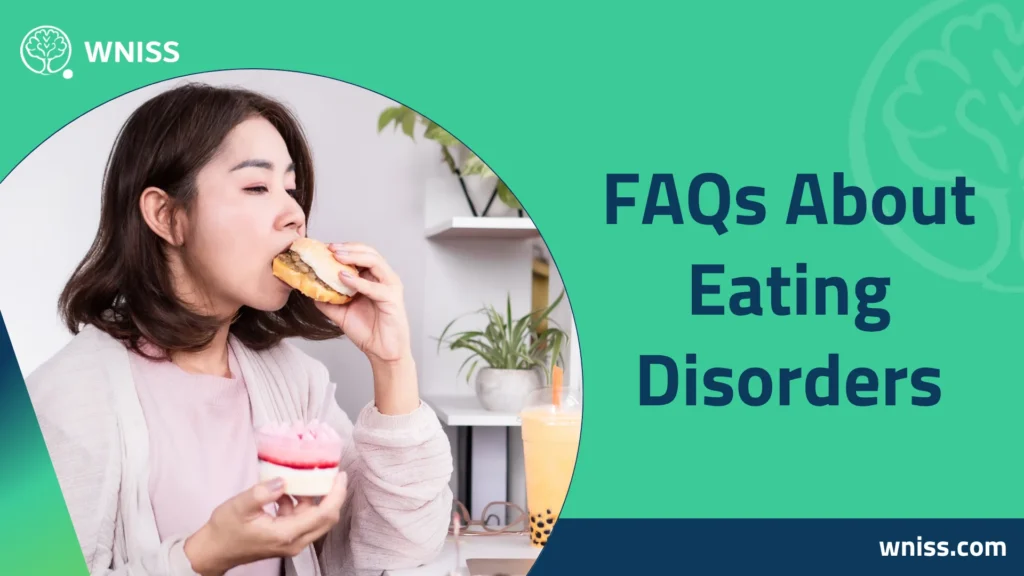
What are the types of eating disorders?
Anorexia Nervosa, Bulimia Nervosa, Binge Eating Disorder, ARFID, Pica, Rumination Disorder, and OSFED are the main types of eating disorders.
What are 10 symptoms of eating disorder?
Constant food obsession, fear of weight gain, secretive eating, avoiding meals, extreme weight changes, binge eating, purging after meals, excessive exercise, food rituals, and feeling guilty after eating are common symptoms.
What are the big 3 eating disorders?
Anorexia Nervosa, Bulimia Nervosa, and Binge Eating Disorder are considered the big 3 eating disorders affecting most individuals worldwide.
Do I have an eating disorder?
If you feel guilt after eating, fear certain foods, binge secretly, purge after meals, or constantly think about your weight and food, you should seek professional help to assess if you have an eating disorder.
How do eating disorders start?
Eating disorders often start due to low self-esteem, body image issues, emotional trauma, social pressures, or mental health conditions like anxiety and depression.
In conclusion, eating disorders are not simply bad eating habits. They are serious mental health conditions that affect every part of life – physical health, emotional stability, and social well-being. Whether you’re wondering how to fix eating disorders, why do I feel guilty after eating, or how to treat food addiction, remember that professional help is always necessary. Recognizing what are the types of eating disorders and knowing what are 10 symptoms of eating disorder helps in early detection. Understanding what are the big 3 eating disorders and how do eating disorders start empowers you to seek treatment before long-term damage occurs. Recovery may take time, but with the right support, anyone struggling with eating disorders can reclaim a healthier and happier life.


